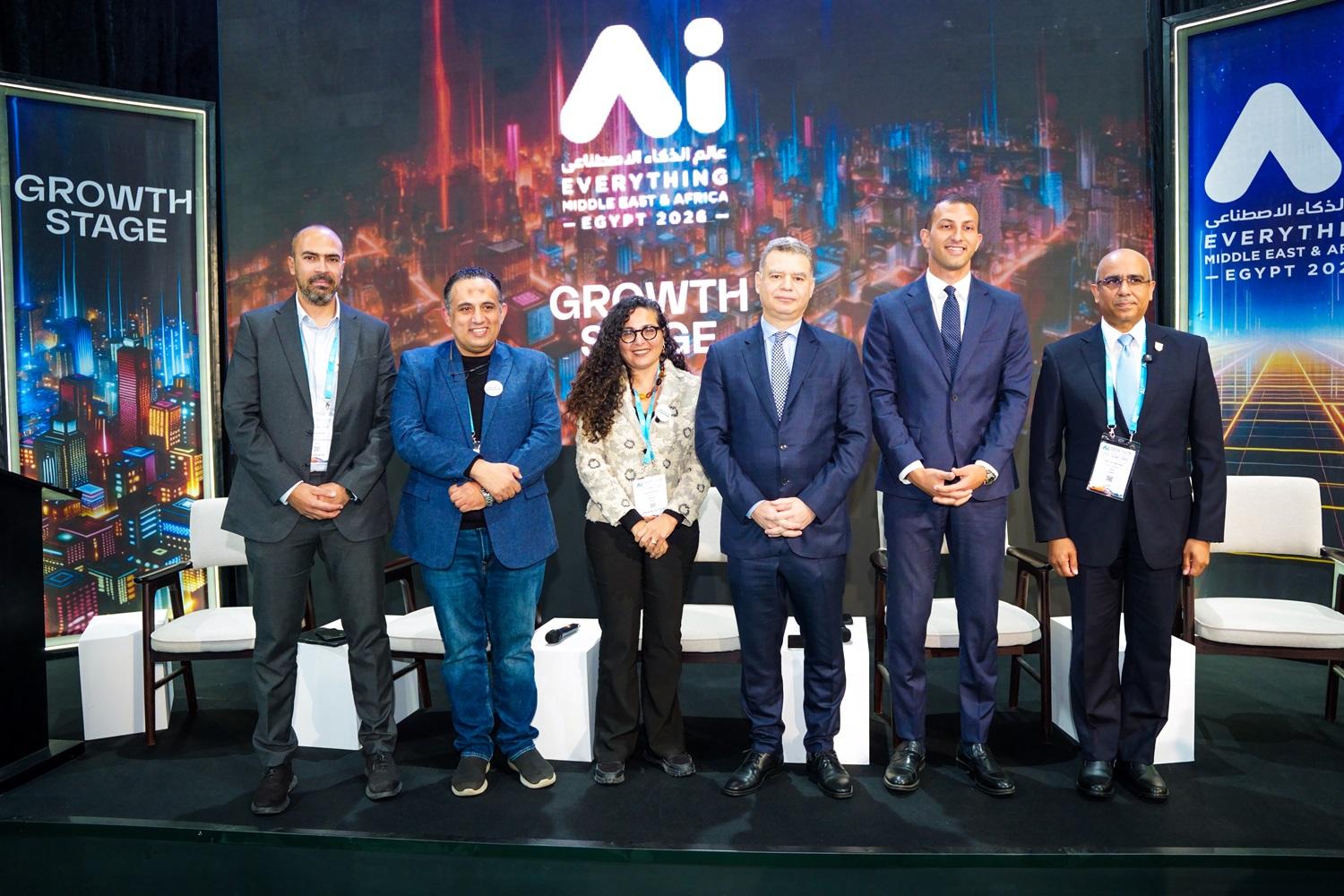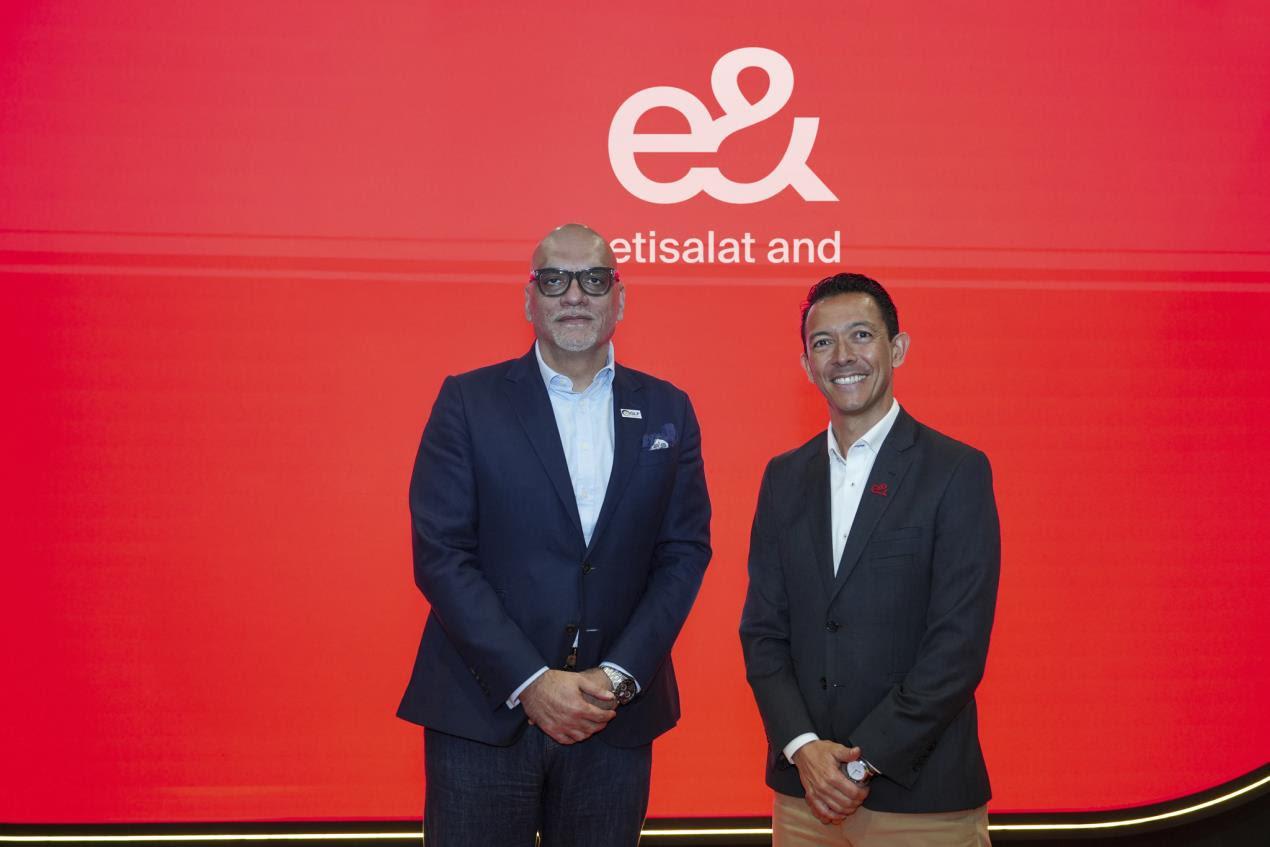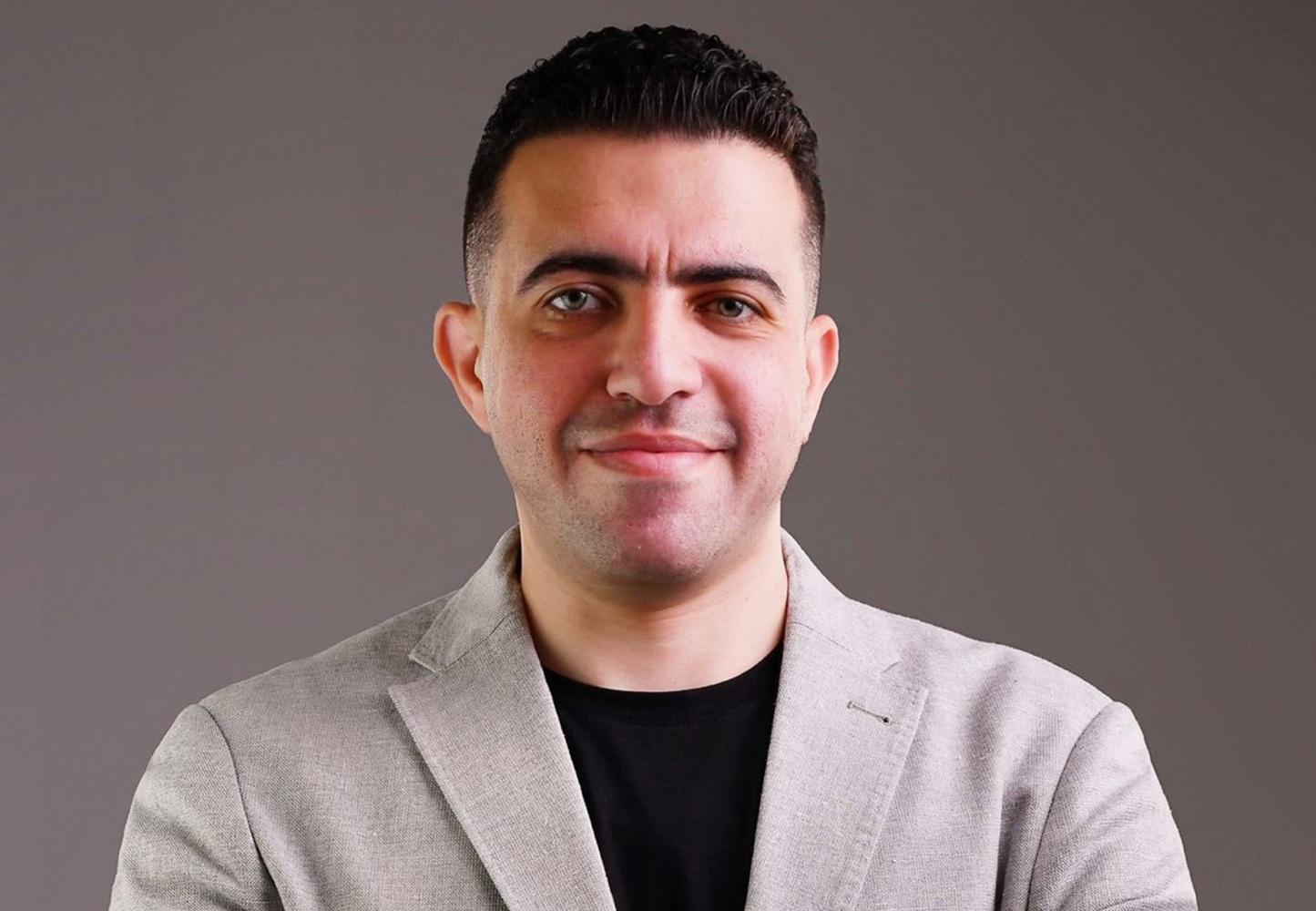By ; Mohamed Shawky – Nahla Makled
Bupa Global today launched the Bupa Global Executive Wellbeing Index, analysing the effects of the COVID-19 pandemic on the world’s high-net-worth individuals (HNWIs). The Index, which surveyed almost 2,000 HNWIs and senior business executives based across Europe, North America, the Middle East and Asia showed that despite concerns about the economy and mental health, global executives have been quick to see potential benefits.
The results depicted that almost all Egyptians surveyed are taking the pandemic as an opportunity to improve their way of life. More are embracing the chance to reduce travel (for environmental and personal reasons), accelerating the adoption of technology, as well as making significant lifestyle modifications aimed at recalibrating their work-life balance.
The Index also provides a clear analysis of how the pandemic shifted Egyptian mindset towards personal health and wellbeing, focusing on the impact it has on themselves as individuals, as well as their families.
Mohamad Bazzi, Managing Director at Bupa Egypt Insurance, further underlined: “This virus has impacted people in more ways than expected. Our findings have highlighted a sharp rise in mental health issues, which is a wakeup call for our society to proactively take measures to minimise the negative impact this pandemic is continuing to cause. This further proves that mental wellbeing is critical and must be dealt with as a matter of urgency. Our role as providers of premium health insurance is to find a way to provide a holistic approach to protecting our beneficiaries’ health. The Bupa Global Executive Wellbeing Index helps us identify critical concern areas, so we can customise solutions for our patrons.”
Mental Health: Attitude Shifts
The research was effective in underlining the impact of the pandemic through a wider lens — not only in terms of the immediate threat it poses on people’s physical health but also the toll it has taken on the mental health and wellbeing of the world, and specifically Egypt’s HNWI’s. Results show that while 50% of Egyptians surveyed stated that COVID-19 has negatively affected their mental health[1], 9 out of 10 people have indeed experienced symptoms of poor mental health during the pandemic[2].
The main factors highlighting mental health symptoms experienced during the pandemic include personal financial instability, economic instability, concerns over protecting personal and family health, and resolving work-related problems effectively. This caused a change of outlook and behaviour when approaching issues regarding mental wellbeing, as 64% of the people surveyed are taking mental health issues more seriously now than they did five years ago[3].
Work Life: Technology over Travel
According to Bupa Global Medical Director, Dr Luke James, based in UK, a positive work-life balance is an integral contributor to positive health. The study highlights some positive outcomes of slowing the pace during the pandemic. In terms of how people see the effect of the pandemic on their work life, 64% found themselves to be more productive during the pandemic[4]. 56% respondents believe that lesser work travel has positively impacted their mental health[5] and 73% see it as accelerating the adoption of technology in their workplace.[6]
71% of Egyptian respondents believe that the pandemic has caused them to re-evaluate their work-life balance, which is well above the global average of 65%,[7] and 80% believe that it has allowed them to re-assess their life values and goals in general.[8]
Respondents saw the pandemic as a catalyst for change, the nature and structure of operations in their companies, 27% hope to see more flexible working arrangements, 29% would like a review of existing infrastructure, and a quarter (25%) want greater decentralisation of teams.[9]













































































